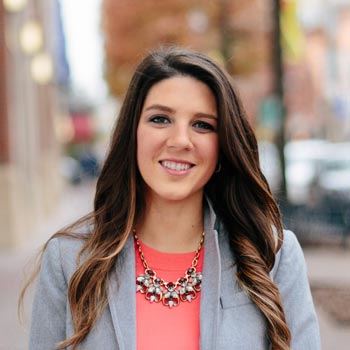Hey, Neighbor! Slow Down, Speed Matters
We can’t eradicate dangerous human errors, but we can design our road systems to protect us.
It’s no secret – speed plays a major role in traffic related injuries and fatalities. With national traffic deaths on the rise, cities across the US are embracing safer street policies and lowering speed limits.
Most vehicle crashes can be prevented by avoiding dangerous behaviors like distracted driving, driving under the influence and excessive speeding. Yes – we’re all human and we make mistakes, but human error shouldn’t result in life or death situations. Studies have proven lowering speed limits is a highly effective tool in creating safer environments for all users (i.e. vehicles, bikes and pedestrians) to share the streets.
Boston and Seattle, recently joined a growing list of US cities that have reduced speed limits on arterial (fancy word for major roads) and neighborhood streets in the name of safety initiatives, such as Vision Zero.

Speed Matters
It’s no coincidence progressive cities are reducing speed limits to 20-25 mph. Research has determined that traveling above 30 mph puts our most vulnerable users at higher risk of serious injuries and death. A recent study published by Smart Growth America, identified people of color, lower-incomes and older adults as being the highest risk populations.
The graphic below, created by the City of Seattle, illustrates the varied chances of a person walking surviving a collision with a vehicle. Pedestrians have a 90% survival rate if stuck by a vehicle going 20 mph. Sadly, chances of survival are reduced to only 50% when a vehicle is going +10 MPH faster (30 mph).

There’s no single solution to make our streets safer; however, there are proven fixes we can collectively pursue. In addition to speed reductions, tougher school-zone enforcement, installing protected bike lanes and implementing “Complete Streets” are all becoming increasing popular tools.
What’s next?
It’s simple, take action! We must demand safer streets and holistic collaboration from our elected officials, engineers, urban planners, enforcement officers, educators and citizens. After all – we’re all in this together and every day we delay taking action leaves our communities and loved ones vulnerable.
Sam Kittner/Kittner.com









Comments are closed here.
To prevent spam, comments will be approved before appearing on the post. If you have a comment or question, but do not want it to be published, please email WalkArlington.